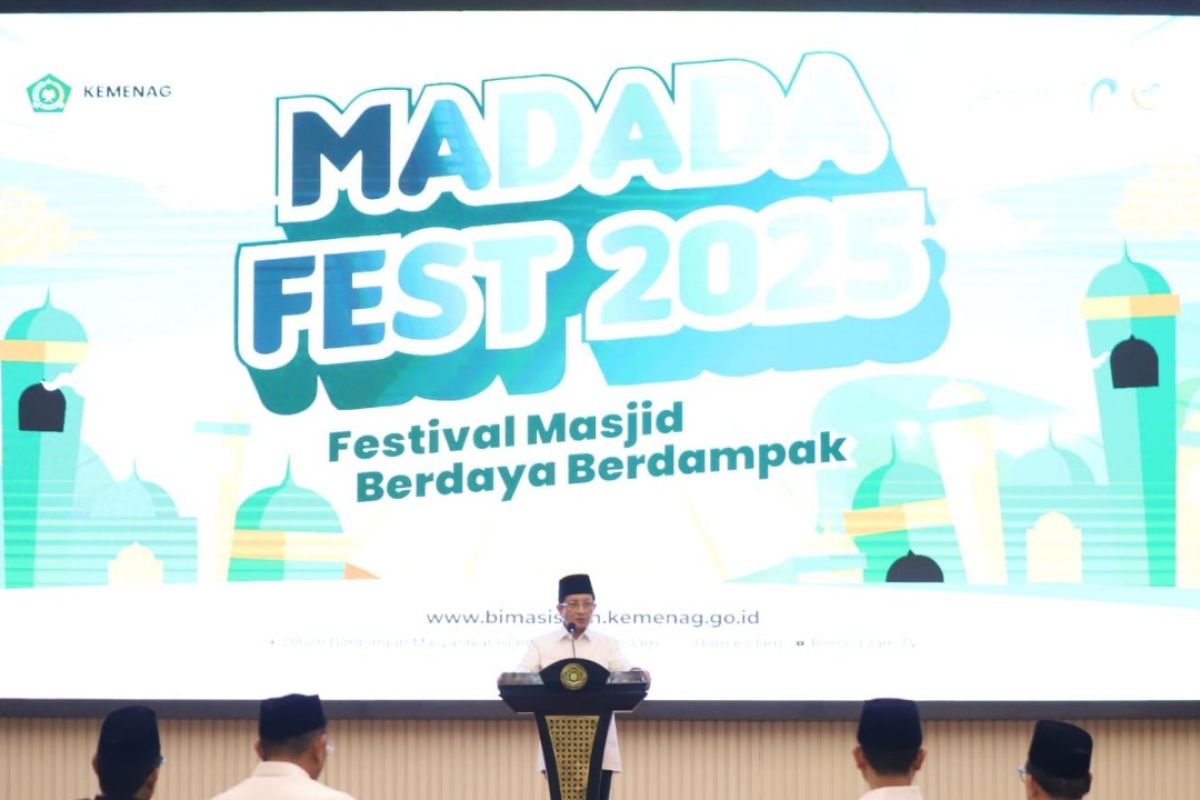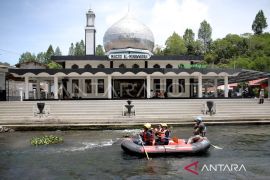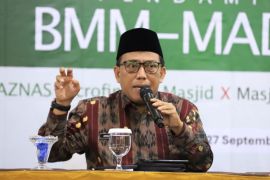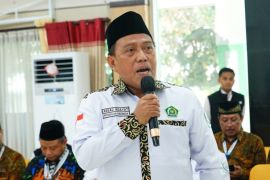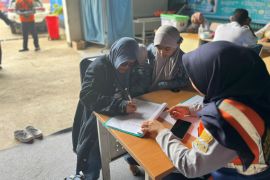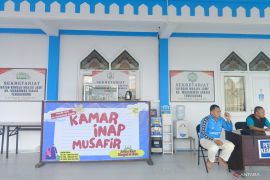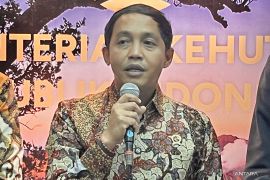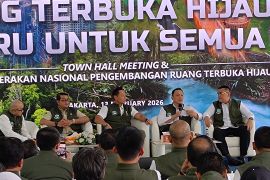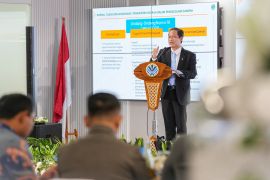“If all mosques and prayer rooms in Indonesia are empowered to collectively manage community funds, we could foster self-sufficiency among Muslims without having to rely heavily on external support,” Minister Nasaruddin said at the 2025 Madada Fest (Empowered and Impactful Mosque Festival) in Jakarta on Wednesday.
The Minister encouraged mosques to evolve beyond places of worship, becoming centers for economic empowerment and eco-theological awareness.
He described this vision as ummah management - an integrated governance model that maximizes the potential of zakat (alms), waqf (endowments), infaq (charitable donations), sadaqah (voluntary charity), qurban (sacrificial offerings), fidyah (compensation), kafarat (atonement), and other social funds.
With a well-structured system, Nasaruddin believes that absolute poverty can be eradicated.
“In the future, basic needs such as staple foods, LPG, and essential services could be fulfilled through a community-based economic network directly linked to houses of worship,” he said.
On the occasion, the Minister also launched a book titled Islamic Ecotheology, symbolizing a concrete step by the Ministry of Religious Affairs to integrate economic empowerment with environmental awareness grounded in religious values.
Director General of Islamic Community Guidance, Abu Rokhmad, said the book launch is part of the ministry’s commitment to promoting an Islam that benefits both humanity and nature.
“Economic empowerment based in mosques and Islamic ecotheology are two sides of the same coin, both aim to bring tangible benefits to society and the planet we live on,” he said.
Madada Fest 2025 featured a wide range of events, including a symbolic soft-loan handover ceremony in collaboration with BMM (National Zakat Management Board) and the SIMAS Corner, which offered consultation and mosque registration services.
One of the festival’s main attractions was the Mosque Photo Exhibition, showcasing diverse representations of mosques across Indonesia.
The exhibit featured visual stories of Inclusive Mosques open to all, Heritage Mosques that reflect the history of Islam in the archipelago, Model Mosques with modern and professional management, and Empowered Mosques actively involved in social, economic, and environmental development.
Visitors could also view the distribution map of mosques and prayer rooms in Indonesia based on data from the Mosque Information System (SIMAS) as of October 7, 2025.
A total of 315,740 mosques and 387,819 prayer rooms have been registered nationwide, highlighting the immense potential of houses of worship as centers for advancing the Muslim community.
The festival also featured interactive booths run by the Directorate of Islamic Community Guidance. Among them was e-LIPSKI, a digital Islamic library offering free and easy access to thousands of Islamic books, Friday sermons, and religious literature.
The Ministry’s Quran Printing Unit (UPQ) also participated, showcasing various Quran editions, including the Standard Indonesian Mushaf and Sign Language Mushaf, which is accessible for the hearing-impaired.
According to Nasaruddin, Madada Fest is more than just a ceremonial event - it represents a concrete step toward realizing the Ministry’s vision of transforming mosques into centers of Islamic civilization, economically empowered worship spaces, agents of social impact, and guardians of environmental sustainability.
Related news: Baznas, ministry collaborate on mosque-based empowerment program
Translator: Asep, Azis Kurmala
Editor: Primayanti
Copyright © ANTARA 2025
